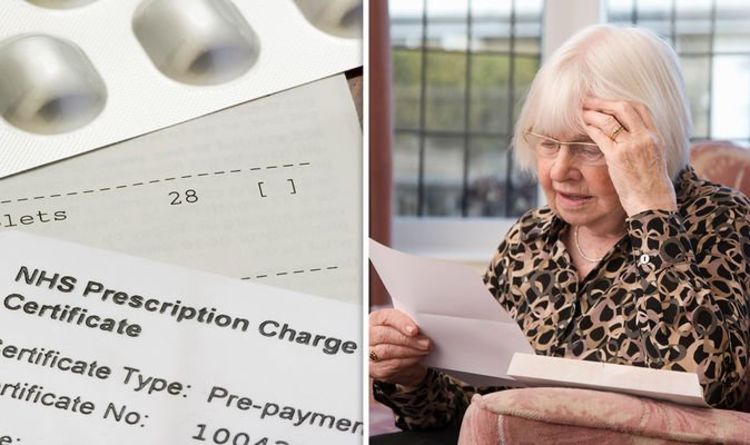Blog - Prescription Charges for Over 60s – ‘A Bitter Pill to Swallow?’
09/02/2022
On 2nd September 2021 - around the time, government departments look at their mid-year review budgets and in advance of the Chancellor’s Autumn Budget Statement – a little known public consultation to align the upper age for NHS prescription charge exemptions from 60 to 66 ended. The proposals for the change appeared to slip quietly ‘under the radar’ and are to be reset to align with the current State Pension Age.
The outcomes and findings are waiting to be published 3 months after the consultation ended. With changes to prescription charges usually announced from the 1st April, a groundswell of concern and anxiety has loomed large on the impact this will have on 60-65 year olds currently getting free prescriptions, but will no longer be eligible again until they are 66.
People with long-term conditions, not covered by an existing exemption and falling into the age group 60 to 65 may be required to pay if there is an increase to the exemption age, unless they are exempt on other grounds.
It is likely that a higher proportion of disabled people rather than non-disabled people in the 60 to 65--age bracket would require prescriptions; and consequently affected more significantly than non-disabled people would.
Across the whole of the population, 21% (14.1 million) of people reported a disability in 2018 and 2019 and in 2018, median pay was consistently higher for non-disabled employees than for disabled employees.
This would put some of the most vulnerable individuals at a clear disadvantage compared with those of the same age group. People in older age groups are also more likely to have long-term conditions than those in other age groups (for example, Parkinson’s disease), some of which would qualify as disabilities.
The decision about this has not been made yet however, it’s a real possibility and one that will add to an already worrying list of price increases in fuel, energy bills, essential foods and the confirmed tax hike on national insurance.
The biggest concern is that people, who have been reliant on essential medication, would not be able to afford to get it. This could quite possibly lead to more people becoming unwell and placing a greater burden on an already pressured health system. It can only be hoped that the first consideration is for people’s health and wellbeing. In Barking and Dagenham this change, if it occurs as expected, could affect up to 10,000 residents in the borough. The full details of the proposed changes can be read here.
Author: Richard Vann; Healthwatch Barking & Dagenham.

Recent
Review of Duty of Candour: Implications for Barking and Dagenham
Last week, the Department of Health and Social Care (DHSC) launched a review into the implementation of the duty of candour in health and social care settings, sparking discussions nationwide. What is the Duty of Candour? The Duty of Candour mandates healthcare providers to be transparent and...
Understanding Women’s Reproductive Health: A Call to Share your Experiences
Women’s reproductive health is a cornerstone of overall well-being, impacting not only individuals but also families, communities, and society at large. In the UK, 51% of the population and 47% of workers are women, underlining the significance of addressing their diverse health needs. For...






